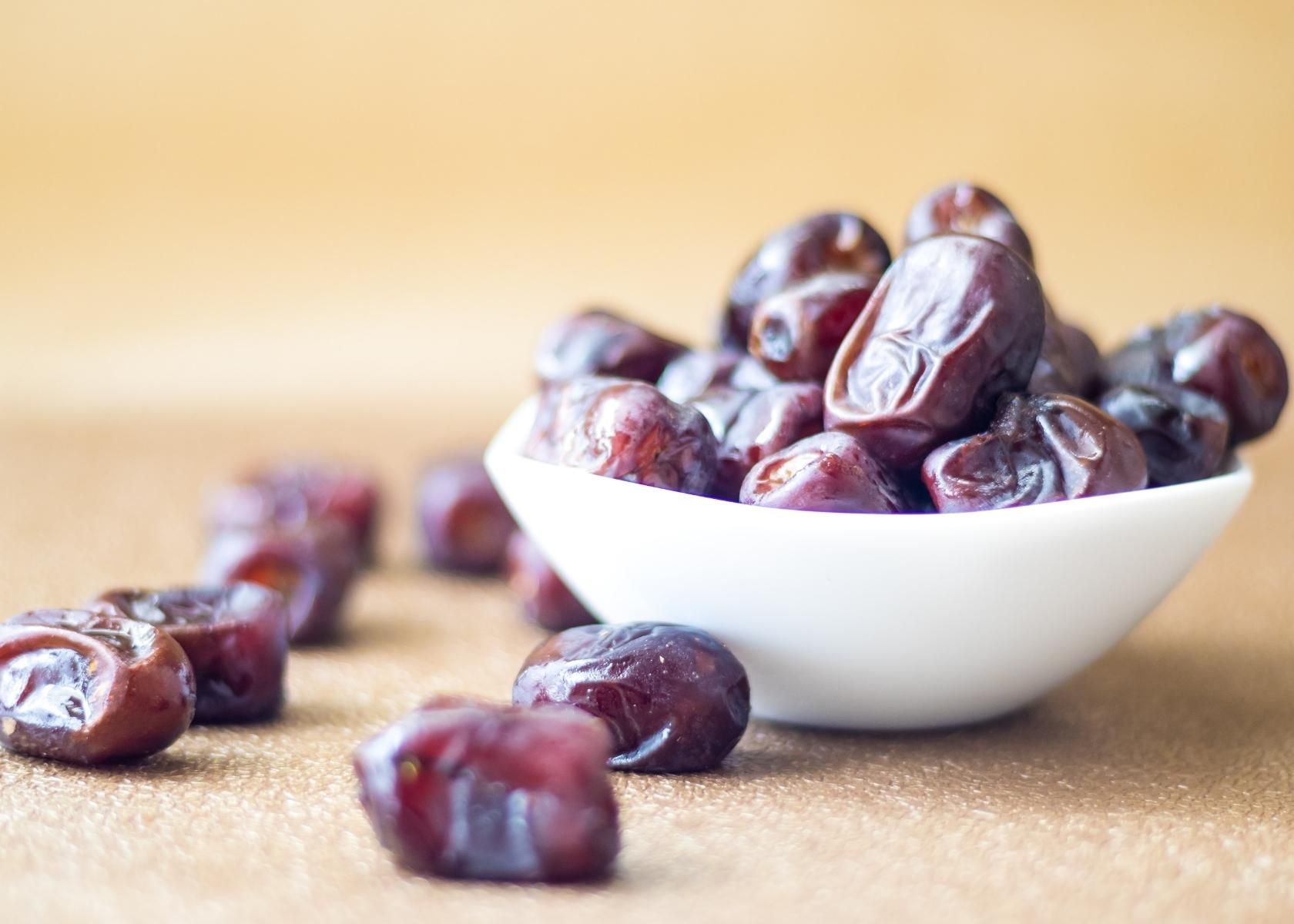
Ultimate List of Healthy Protein Sources During Pregnancy!
Explore healthy protein sources during pregnancy. Empower yourself with knowledge for a nutritious pregnancy!
Hey there, soon-to-be mom! It's crucial to understand the importance of protein during pregnancy.
Not only does it help build and repair tissues, but it also plays a vital role in your baby's growth and development.
In this guide, we'll cover the recommended daily protein intake for pregnant women and the benefits of consuming adequate protein during pregnancy. So let's dive in and explore some delicious and nutritious healthy protein sources during pregnancy!
Animal-Based Protein Sources
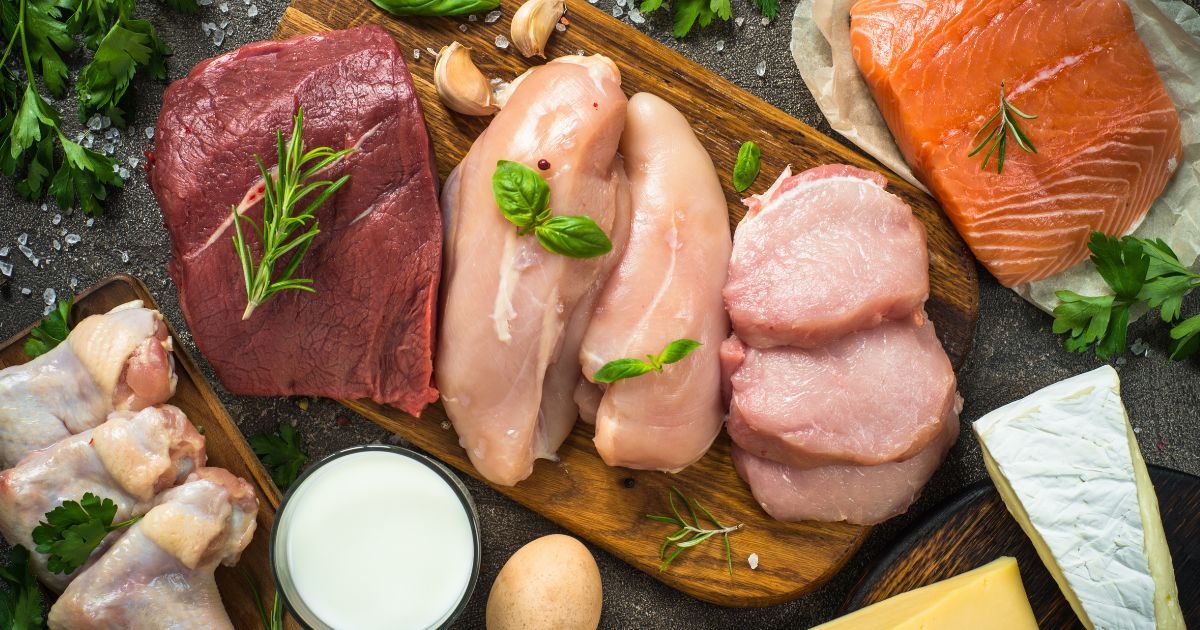
Lean Meat
To support the growth of your baby, it's crucial to consume abundant high-quality organic protein that contains amino acids.
Organic chicken breast, organic turkey, and grass-fed beef are great high-protein foods. When cooking, try grilling, baking, or broiling to minimize added fats.
Fish and Seafood
It is important for the proper neurological and physical development of a fetus to consume omega-3 fatty acids DHA and EPA.
- A good source of these vital nutrients is found in Salmon, which also provides other important nutrients for pregnancy such as vitamin D, iodine, choline, B vitamins, selenium, and protein.
- Good portion size is around 3.5 ounces, or about the size of a deck of cards.
- Sardines are another great option during pregnancy.
Dairy Products
Greek yogurt and kefir are fantastic options.
Greek yogurt has probiotics, protein, vitamin D, omega-3 fatty acids, calcium, and vitamin K2.
- It is rich in iodine, which is crucial during pregnancy to prevent birth defects and neurological disorders.
Kefir is a type of dairy that is fermented and contains beneficial bacteria that are important for maintaining good digestion and overall health.
- Lactobacillus Kefiri, in particular, is one probiotic strain that is specific to kefir alone. Studies suggest that it helps defend against salmonella and E. coli.
Organic Free Range Eggs
Eggs are one of the best protein-rich foods! Egg yolk is an excellent source of choline, which is crucial for fetal development.
- Studies indicate that women who consume low-choline diets have a higher risk of delivering babies with neural tube defects than those who consume high-choline diets.
Additionally, organic eggs are a good source of healthy fats, vitamin E, beta-carotene, and iodine.
- Just make sure to consume cooked eggs and avoid raw eggs or foods containing raw eggs, like homemade mayonnaise.
- Get creative with serving suggestions: scrambled, hard-boiled, or as part of a veggie-filled omelet.
Plant-Based Protein Sources
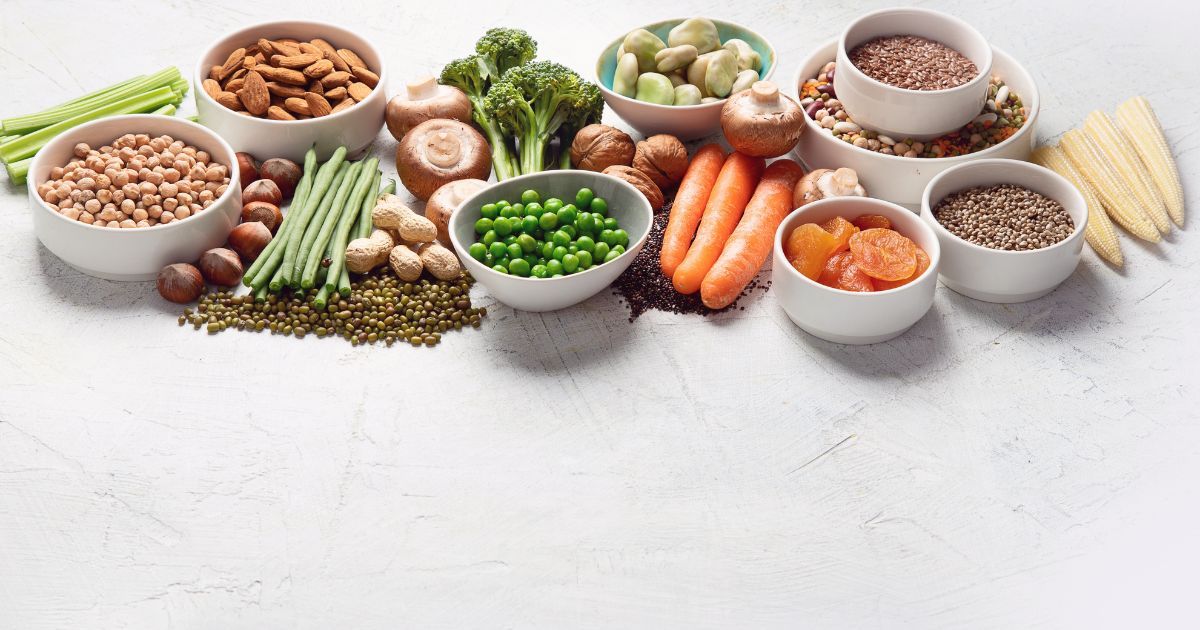
Beans and Legumes
Beans and legumes, such as lima beans, lentils, chickpeas, and black beans, are protein powerhouses and offer additional health benefits like fiber, iron, and folate.
You can easily add them to salads, soups, or wraps. When cooking, consider using a slow cooker or pressure cooker to make them tender and delicious.
- Eating a variety of beans during pregnancy can be beneficial due to their nutrient density.
- Lima beans are rich in iodine, garbanzo, kidney, and pinto beans are high in folate, fava beans contain iron, zinc, copper, and vitamin K.
- Additional nutritious beans include cannellini, adzuki, black, and Anasazi beans.
Research has demonstrated that consuming foods rich in folate (a natural form of vitamin B9, unlike folic acid, which is synthetic) during pregnancy can decrease the chances of the baby having heart, urinary, and neural tube defects, and cleft lips.
Nuts and Seeds
Nuts like almonds, walnuts, and pistachios, along with seeds like chia, flax, and pumpkin, are rich in protein and healthy fats.
They are an excellent source of fiber, calcium, magnesium, and iron! Think of them as nature's little protein snacks!
Sprinkle them on yogurt, oatmeal, or salads, or enjoy them on their own as a quick and easy snack. Go nuts during pregnancy to supercharge your nutrient intake!
Whole Grains
Whole grains like quinoa, brown rice, and barley provide not only protein but also fiber, B vitamins. Studies show these complex carbohydrates are needed during pregnancy.
- To incorporate them into your meals, try swapping out refined grains like white rice for their whole-grain counterparts.
- Cooking methods include boiling or steaming, and they make a great base for salads, stir-fries, or grain bowls.
Protein Supplements

Whey Protein and Plant-Based Protein Powder Options
If you're struggling to meet your protein needs through whole foods, protein supplements like whey protein or plant-based protein powders (such as pea, rice, or hemp) can be a convenient option.
They can easily be added to smoothies, shakes, or even baked goods for an extra protein boost.
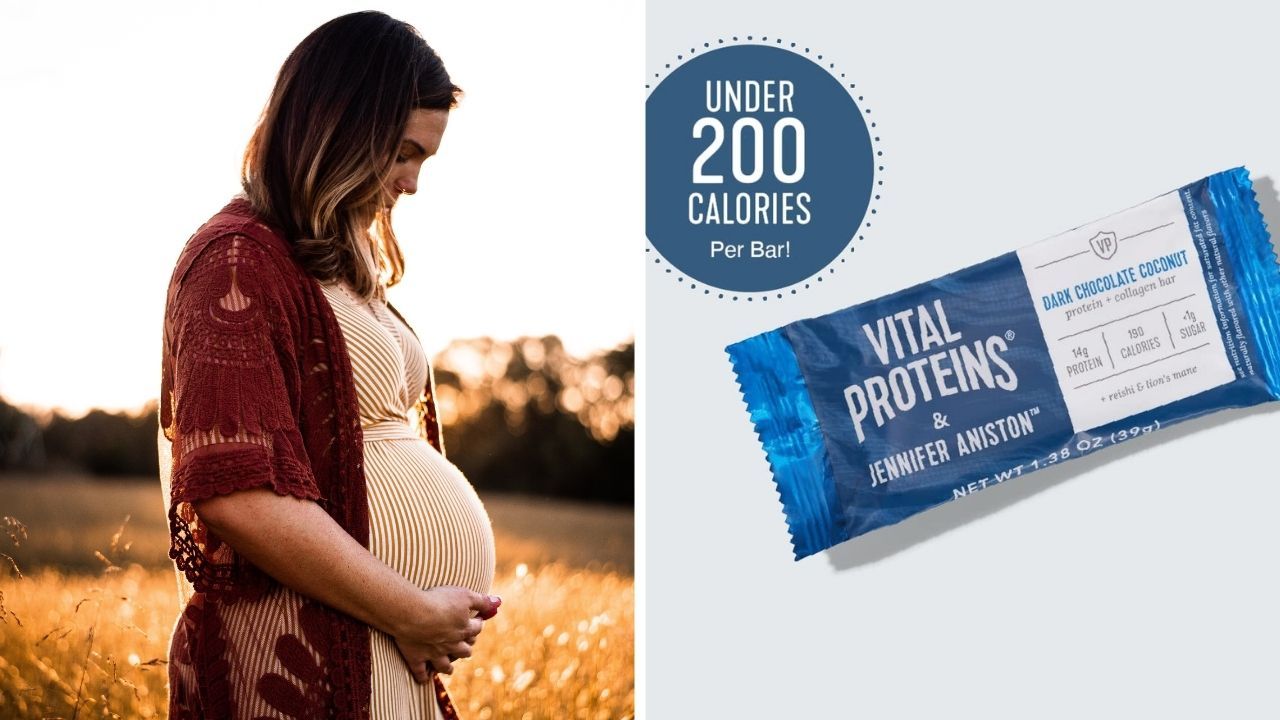
When to Consider Using Protein Supplements
Consider using protein supplements if you:
- Have dietary restrictions that make it challenging to get enough protein from food alone
- Struggle with appetite or nausea during pregnancy - drinking protein shakes can be a gamechanger
- Lead an active lifestyle and need additional protein to support your activity level
Safety Concerns and Precautions During Pregnancy
Before adding protein supplements to your pregnancy diet, be sure to:
- Consult with your healthcare professional for guidance
- Choose reputable brands with third-party testing and avoid products with added sugars or artificial ingredients
- Start with a small serving size and gradually increase as needed
Tips for Balancing Protein Intake
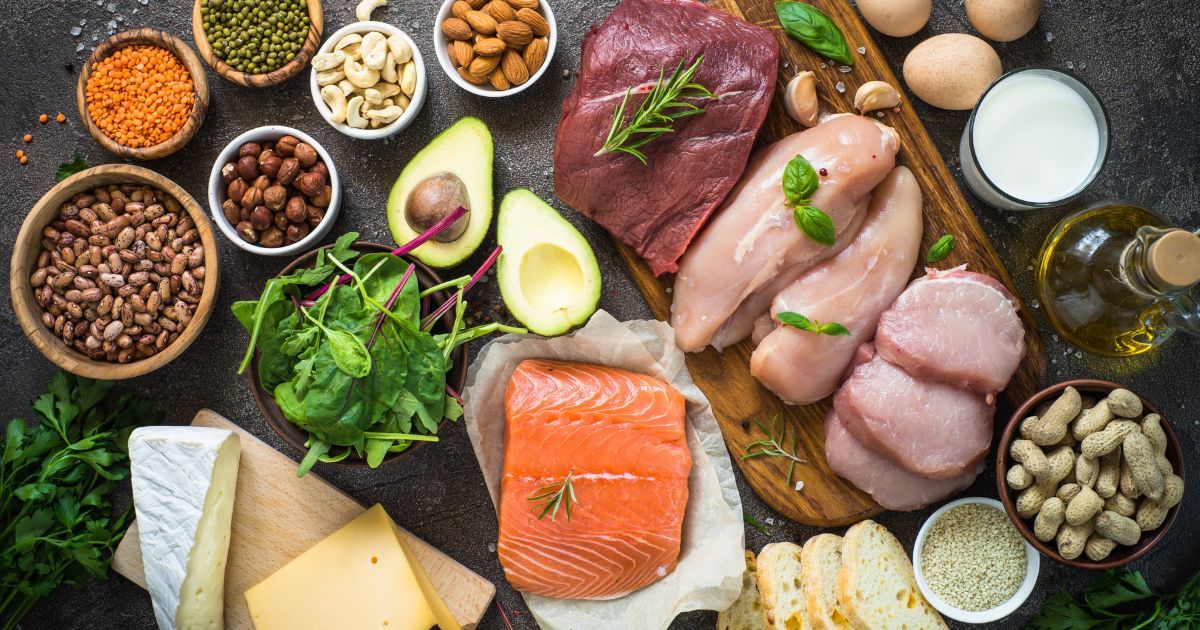
Importance of Variety in Protein Sources
Incorporating a variety of protein sources into your diet ensures you're getting all the essential amino acids and other nutrients your body needs. Plus, it keeps your meals interesting and delicious!
Combining Different Protein Sources for a Complete Amino Acid Profile
Some plant-based protein sources may not contain all the essential amino acids, but you can easily create a complete protein by combining them.
For example, pair beans with rice or spread almond butter on whole-grain toast.
Monitoring Portion Sizes and Daily Protein Intake
Keep track of your daily protein intake and adjust as needed, based on your healthcare professional's recommendations.
Be mindful of portion sizes – it's essential to eat a balanced diet with a variety of nutrients, not just protein.
Bottom Line
A protein-rich diet during pregnancy is crucial for both you and your baby's health so it is important to consume adequate amounts.
By exploring various animal-based and plant-based protein sources, you can ensure a healthy, balanced diet. Always consult with your healthcare professional for personalized advice, and remember, the key to a nutritious and satisfying diet is variety.
So go ahead, and enjoy nourishing your body and your growing baby with these delicious protein options. Happy healthy eating!
Recommended For You...
